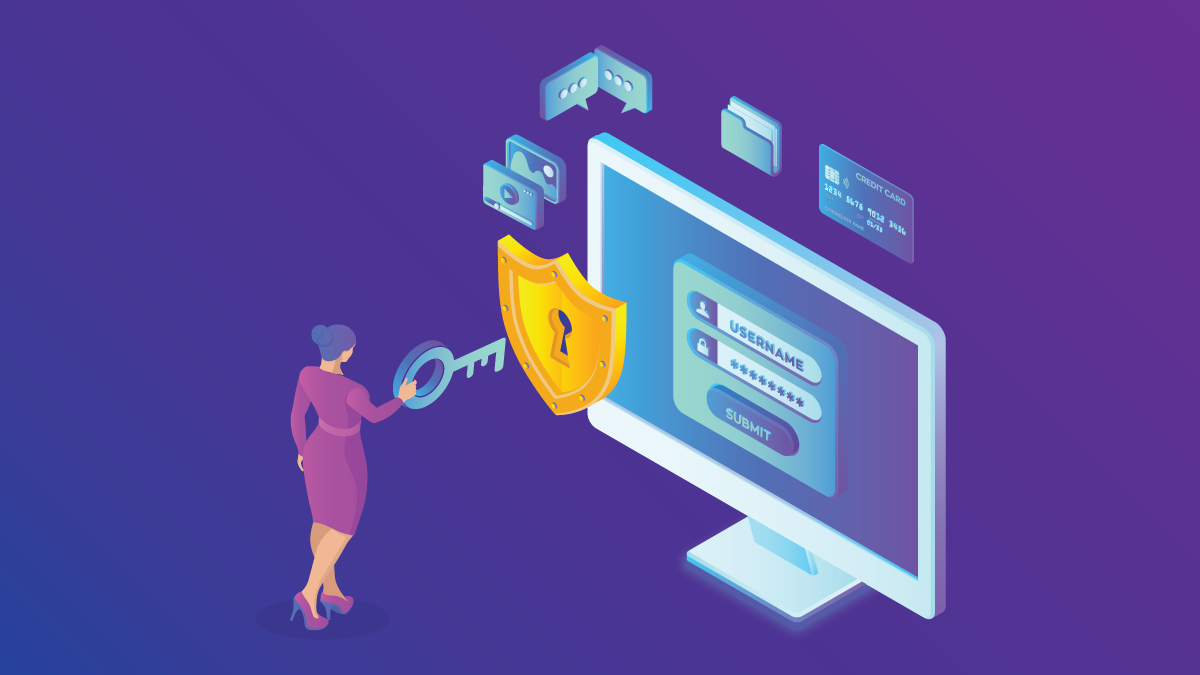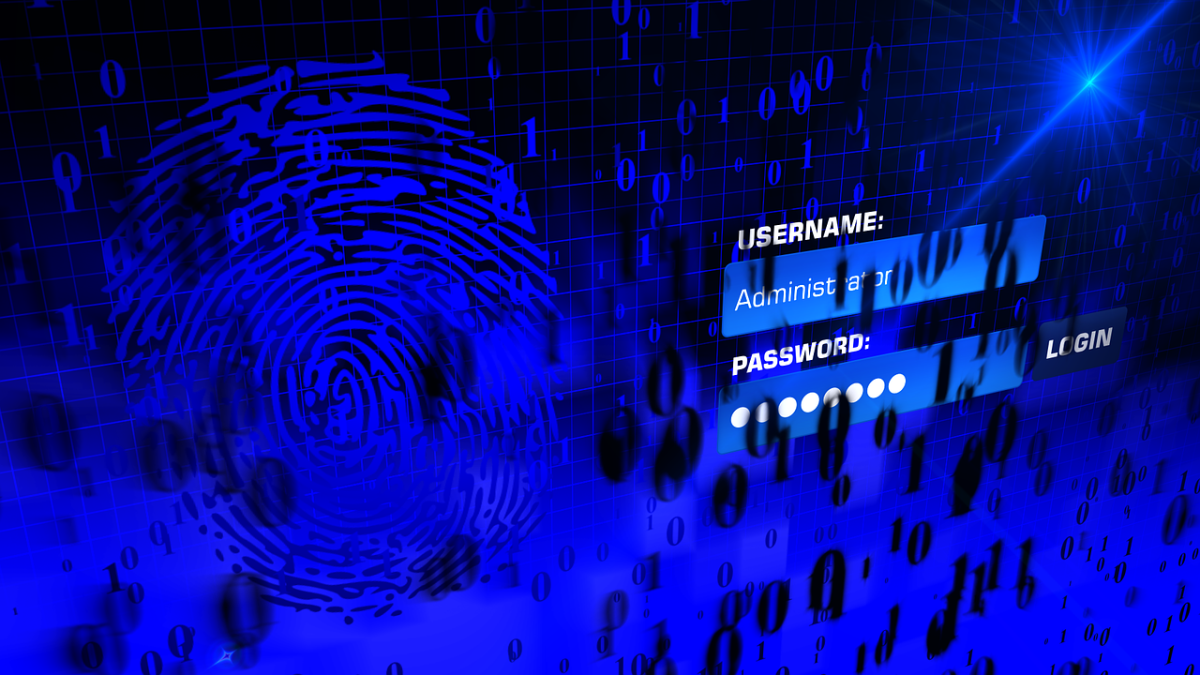AI-powered thermal cameras can be used to steal passwords
April 27, 2023 By Monica Green

(Image Credit Google)
source: ThepCloudBlog
Thermal cameras have become increasingly popular for security purposes, allowing individuals and organizations to detect body heat and monitor activity. However, researchers are now warning that AI-powered thermal cameras may also be used to steal passwords and other sensitive information.
How AI Thermal Cameras Can Steal Passwords
Researchers have discovered that when individuals enter their passwords on a keyboard, their fingers leave thermal residue on the keys. AI-powered thermal cameras can detect this thermal residue and use it to determine the password that was entered.
The cameras use machine learning algorithms to analyze the thermal images and predict the keys that were pressed. While this method may not work for all passwords, it is effective for those that use a limited set of characters, such as PINs and short passwords.
What You Can Do to Protect Yourself
To protect yourself from this type of attack, it is important to be aware of the risks and take steps to mitigate them. One option is to use longer and more complex passwords, which are harder for the cameras to decipher.
[caption id="attachment_166168" align="aligncenter" width="1200"]

source: Government Technology[/caption]
Another option is to use password managers, which can generate and store complex passwords for you. This way, you don't have to remember them and can reduce the risk of them being stolen.
It is also important to be cautious of where and how you enter passwords, especially in public places. If possible, avoid using public computers or Wi-Fi networks, and be sure to shield your keyboard from prying eyes.
Also read: AI might crack your password within a minute. This is how you can secure your account
While AI-powered thermal cameras may seem like a futuristic and convenient security solution, they also pose a significant risk to personal privacy and security. It is important for individuals and organizations to be aware of these risks and take steps to mitigate them, such as using complex passwords and being cautious of where and how they enter them. By being proactive, we can protect ourselves and prevent our sensitive information from falling into the wrong hands.

 source: Government Technology[/caption]
Another option is to use password managers, which can generate and store complex passwords for you. This way, you don't have to remember them and can reduce the risk of them being stolen.
It is also important to be cautious of where and how you enter passwords, especially in public places. If possible, avoid using public computers or Wi-Fi networks, and be sure to shield your keyboard from prying eyes.
Also read: AI might crack your password within a minute. This is how you can secure your account
While AI-powered thermal cameras may seem like a futuristic and convenient security solution, they also pose a significant risk to personal privacy and security. It is important for individuals and organizations to be aware of these risks and take steps to mitigate them, such as using complex passwords and being cautious of where and how they enter them. By being proactive, we can protect ourselves and prevent our sensitive information from falling into the wrong hands.
source: Government Technology[/caption]
Another option is to use password managers, which can generate and store complex passwords for you. This way, you don't have to remember them and can reduce the risk of them being stolen.
It is also important to be cautious of where and how you enter passwords, especially in public places. If possible, avoid using public computers or Wi-Fi networks, and be sure to shield your keyboard from prying eyes.
Also read: AI might crack your password within a minute. This is how you can secure your account
While AI-powered thermal cameras may seem like a futuristic and convenient security solution, they also pose a significant risk to personal privacy and security. It is important for individuals and organizations to be aware of these risks and take steps to mitigate them, such as using complex passwords and being cautious of where and how they enter them. By being proactive, we can protect ourselves and prevent our sensitive information from falling into the wrong hands.






